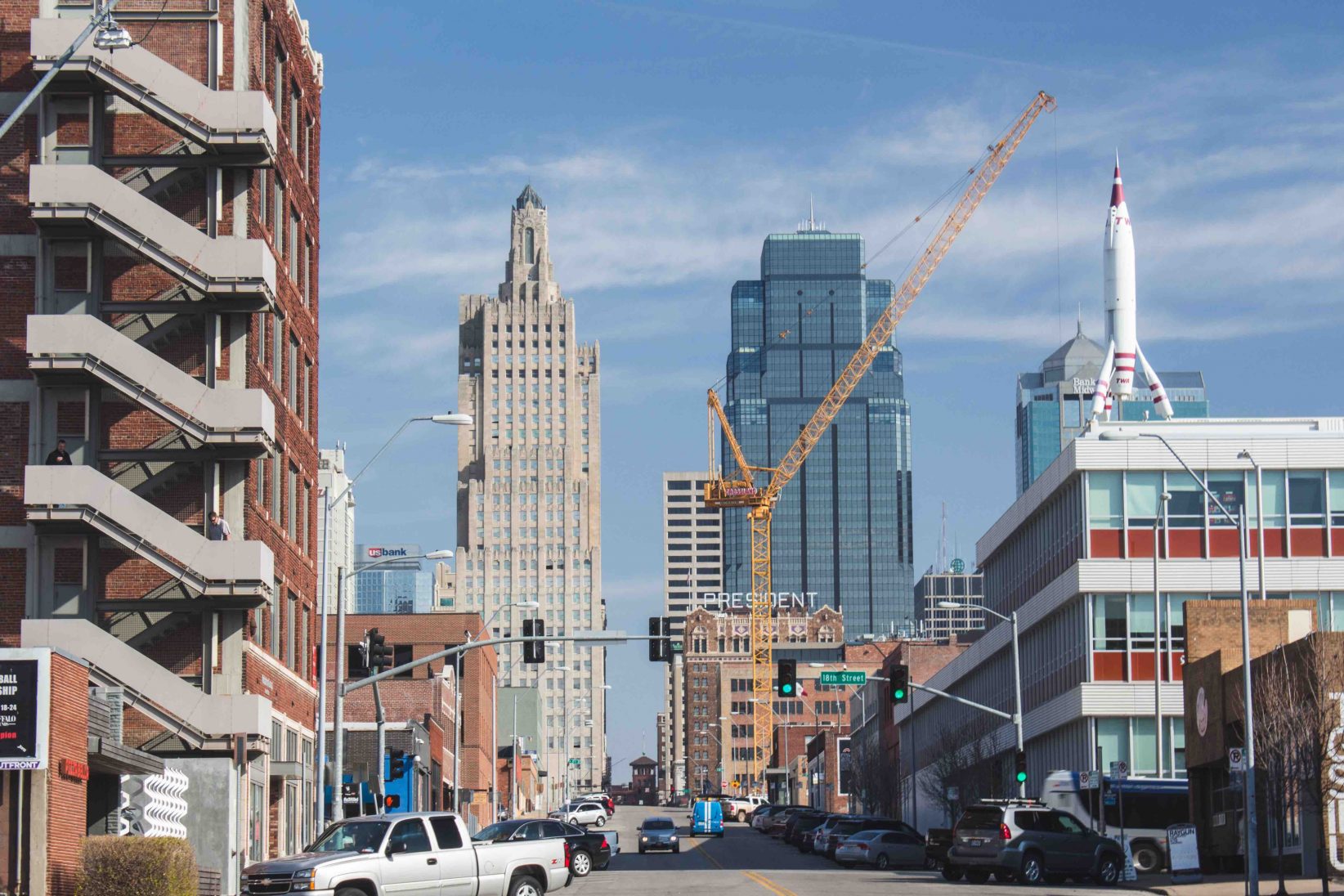Kansas City’s poor performance in attracting talent and its limited access to investment capital puts it at a disadvantage for the forthcoming digital economy, a recent study found.
The national “Innovation That Matters” study analyzed 25 large startup hubs’ readiness for the digital economy, noting that Kansas City has room for significant improvement with its second-to-last, No. 24 ranking. The study defined the “digital economy” as the inevitable, large-scale changes that will result from industries’ evolving dependence on technology and software.
Conducted by business incubator 1776 and the U.S. Chamber of Commerce Foundation, the study analyzed cities’ ability to attract talent, increase investments, develop specializations, create density, connect the community and build a culture of innovation.
Researchers maintain that Kansas City’s largest room for improvement is its human capital. The city must focus on attracting new residents in general, as well as enticing millennial-aged talent.
The study also found that Kansas City’s financial capital landscape — as analyzed between 2011 and 2015 — needs an upgrade. Kansas City ranked second-to-last in total dollars invested in startups, its total exits and investment dollars as a percentage of GDP. Kansas City earned a No. 23 ranking in its value of exits.
The study offered Kansas City a handful of other suggestions to become better situated for the digital economy. In particular, the area can build on “its strength in construction, transportation and logistics; but first it needs to build out its startup community,” the study reads. The city’s established companies in these sectors offer a potential competitive advantage, but that hasn’t “translated yet into a vibrant smart city startup scene.”
While Kansas City needs to improve its inflow of talent and availability of investment capital, the city received high marks for its well-connected startup ecosystem.
“The city came in 24th overall in the Index, but it performed well in the ecosystem connectivity survey (9th), suggesting that entrepreneurs perceive strong support from other actors in the community,” the study reads. “Involvement from corporate (3rd) and institutional partners (7th), engaged citizens (4th), and loud local cheerleaders trumpeting the region’s successes (7th) are key building blocks for the city’s transformation.”
The study claims that the cities most prepared for the digital economy are: Boston; the Bay Area; Denver; Raleigh-Durham; and San Diego, respectively. Those cities with the largest room for improvement were: Atlanta; Miami; Phoenix; Kansas City and New Orleans, respectively.




































